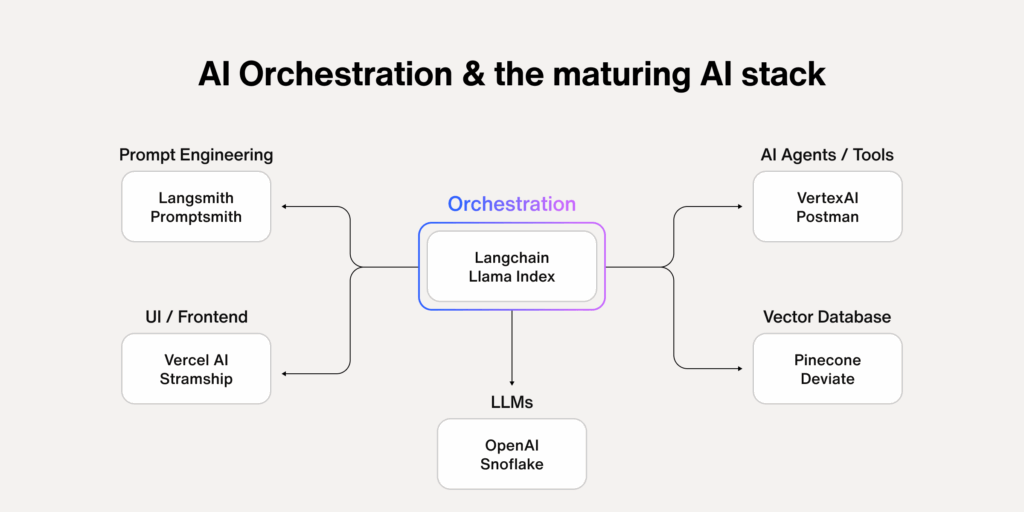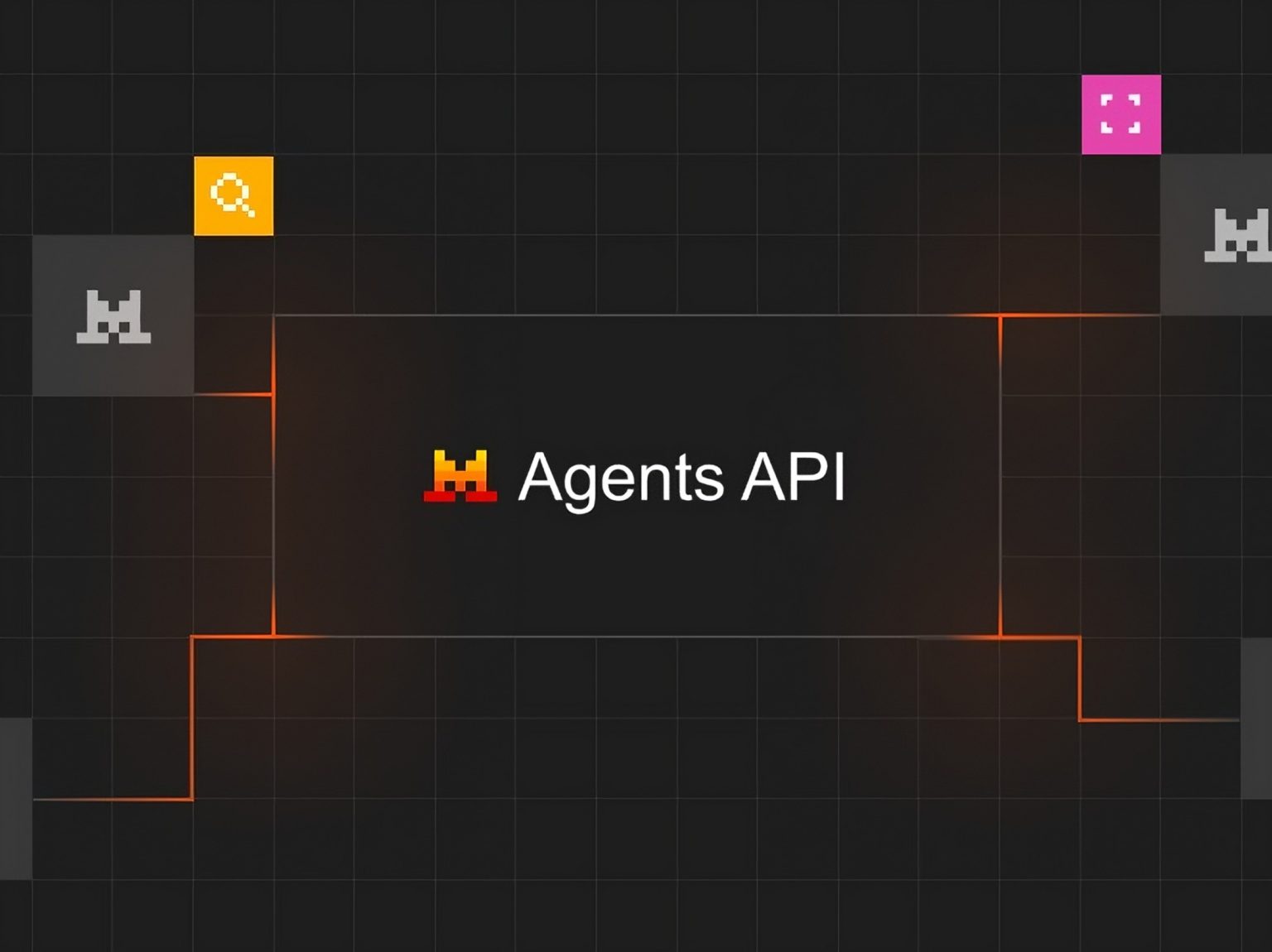Paris-based AI startup Mistral has just unveiled its new Agents API, aiming to make artificial intelligence “more capable, useful, and an active problem-solver.” While today’s AI systems can hold a decent conversation, they often struggle to take meaningful action. Mistral’s new API changes that, giving AI the ability to perform tasks such as searching the web, generating images, remembering past interactions, and even coordinating complex workflows.
What Is the Mistral Agents API?
The Agents API is designed to move AI beyond passive responses and into active assistance. It allows developers to build agents that don’t just respond to prompts—they act, collaborate, and remember.
Real-World Examples from Mistral
Mistral has demonstrated several impressive use cases:
- A coding assistant that integrates with GitHub to write code and manage tasks
- A project manager that turns meeting notes into structured task lists
- A financial advisor that gathers data and offers actionable insights
- A travel planner that organizes your entire trip with minimal input
- A nutrition coach that helps you make healthier eating choices
These examples show how AI can shift from being a reactive chatbot to a proactive assistant in daily life.
Core Capabilities That Power the Agents API
What makes Mistral’s agents stand out are the built-in tools they can access. These include:
- Code execution: Agents can run Python code to analyze data or perform calculations.
- Image generation: With the FLUX1.1 model, agents can create visuals on demand.
- Document access: Agents can retrieve and analyze information from user-uploaded files.
- Web search: Unlike many LLMs that rely only on pre-2023 data, Mistral’s agents can search the web in real time.
Web search, in particular, makes a huge difference. In one benchmark, Mistral’s large language model improved from 23% to 75% accuracy simply by accessing live web data.
Memory That Lasts Beyond the Session
One of the biggest limitations of current AI tools is their short-term memory. Mistral solves this with persistent memory, allowing agents to recall previous conversations—even from days ago. That means no more starting from scratch each time you return.
It’s like the difference between talking to someone with amnesia versus chatting with a colleague who remembers your last meeting. Developers can even branch conversations, creating alternate threads and scenarios, similar to a “choose your own adventure” experience.
Orchestrating a Team of AI Agents

Perhaps the most groundbreaking feature is agent orchestration—the ability for multiple agents to work together toward a shared goal.
Imagine asking your AI to analyze market trends. One agent could search the web for the latest data, another could run analytics in Python, while a third generates charts or infographics. Instead of one model juggling all the tasks, you get a team of specialized agents, each contributing its strengths.
“The true power of our Agents API lies in its ability to orchestrate multiple agents to solve complex problems,” Mistral explains. “Agents can be dynamically added or removed from a conversation—each one tackling different aspects of a task.”
Why This Matters

As more developers begin building with the Agents API, we may see a new generation of AI assistants that actually get things done—not just answer questions. Imagine an AI that can:
- Book your appointments
- Conduct research
- Summarize complex reports
- Generate content
- Coordinate workflows
Mistral is paving the way toward action-oriented AI, bringing us closer to assistants that are not just smart, but truly useful.
For anyone who’s ever yelled at their smart assistant for being “all talk and no action,” this could be the upgrade we’ve been waiting for.













Comments are closed